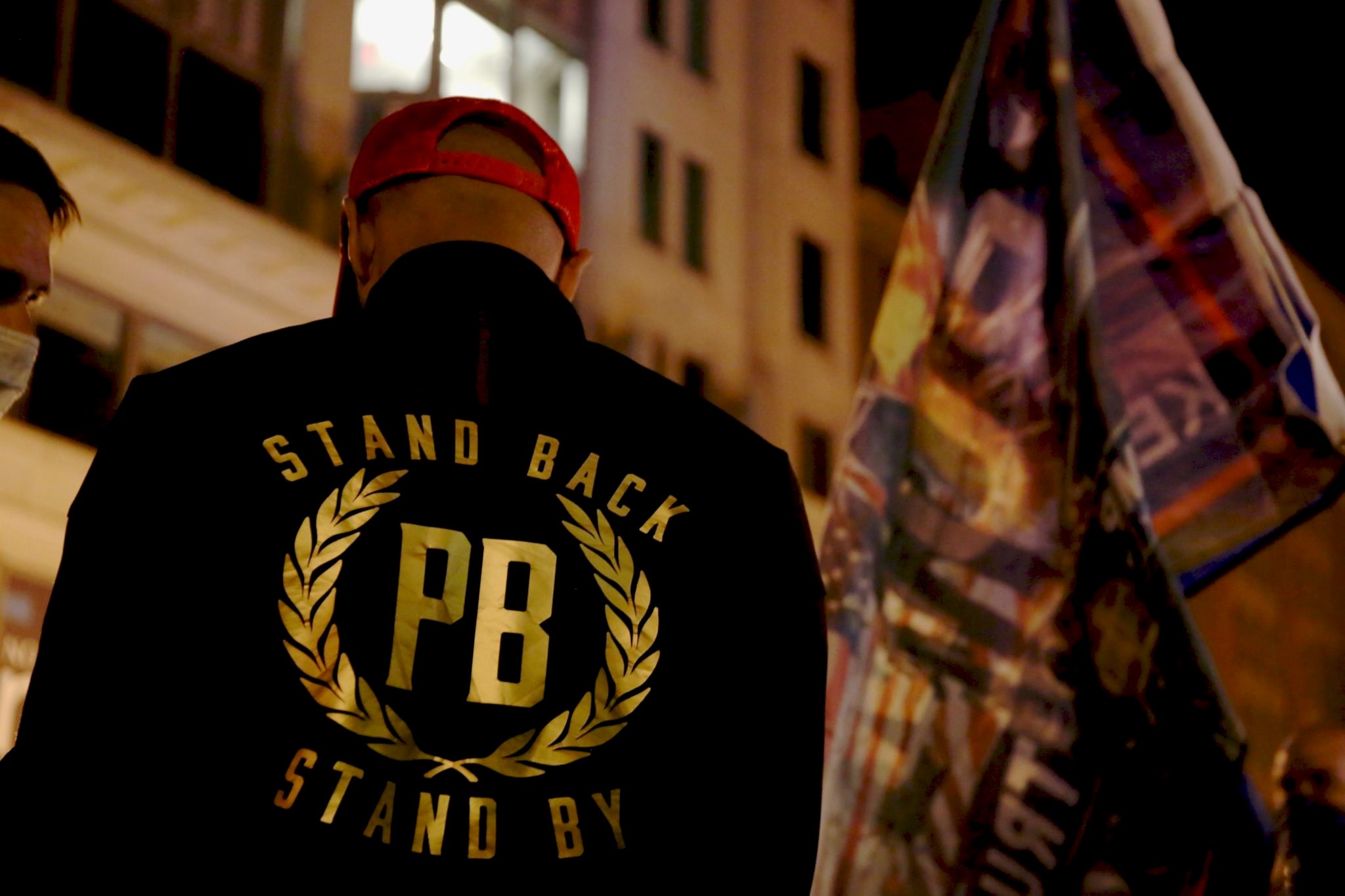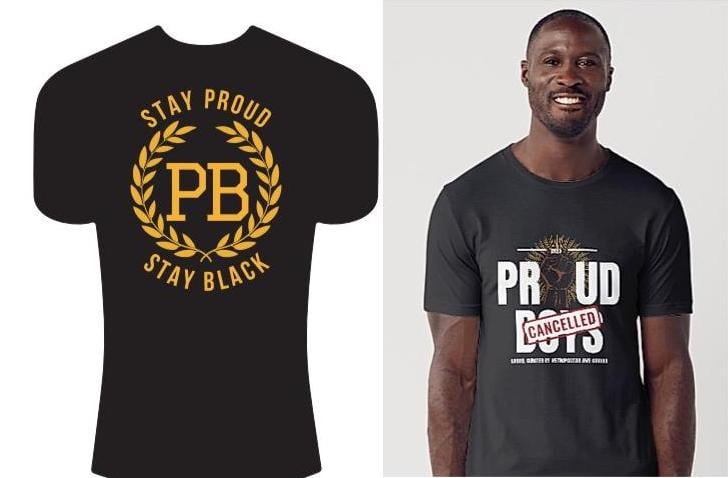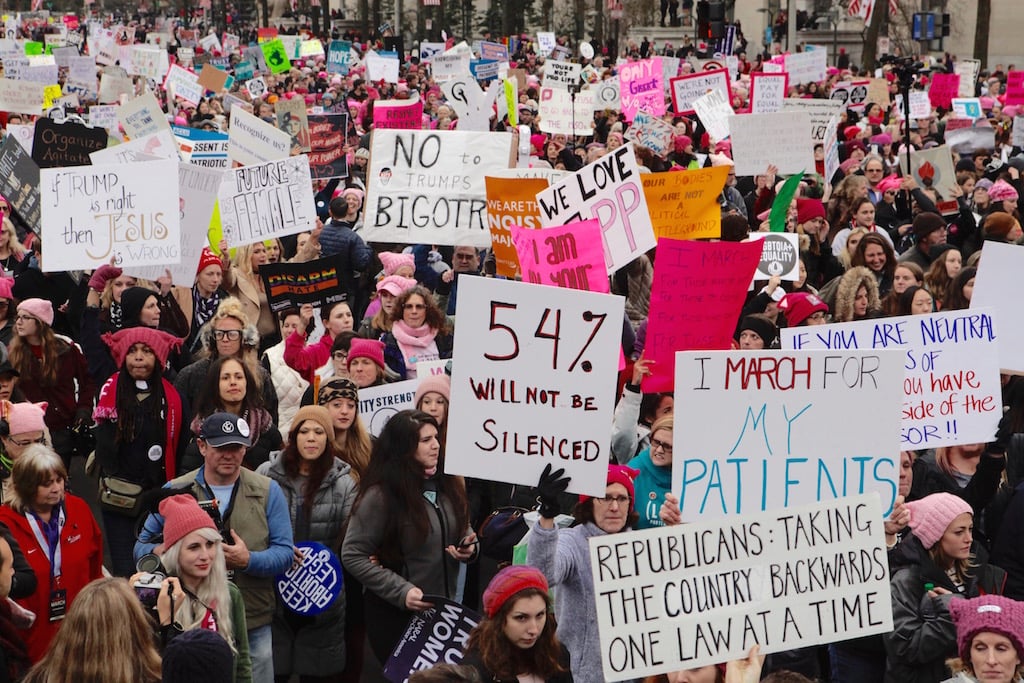Donald Trump’s supporters, including fringe groups like the Proud Boys, are expected to flood DC on Jan. 6 to protest the election results. Mayor Muriel Bowser has urged District residents to avoid confrontation and stay away from the rallies. But what if Proud Boys show up at local restaurants or other businesses? Do they have the right to turn them away?
The short answer: yes.
The DC Human Rights Act prevents businesses from discriminating against people for their political affiliation (as well as gender, race, religion, etc). But fringe ideological groups are not political affiliations, says Veritas Law attorney Scott Rome. So while restaurants can’t turn away customers for being Republicans or, say, wearing a MAGA hat, they’d be within their rights to deny service to someone sporting Proud Boys gear or other white nationalist or Nazi paraphernalia.
The distinction has become a little more complicated, though, over the past four years, as there’s become less day light between fringe groups and the Republican party under Trump.
“It used to be that there would be a very big gap between a fringe ideological group and the supporters of one party. That gap seems to be narrowing in my personal view,” says Rome, who was involved in an unfair competition lawsuit against Trump in 2017. But for now at least, Proud Boys aren’t part of a protected class.
“Lawyers are never certain about anything, but it seems relatively clear that you could refuse to serve them,” Rome says.
Businesses can also turn away patrons if there’s a real threat of violence. “If you see on Twitter or on the news people getting hit with certain flags. And then people come to your establishment with those flags, then in that case, you’re worried about people being assaulted in your restaurant or bar or patio,” Rome says. “To my mind, that would not be discrimination. That would be trying to protect your customers and your staff, which you have the right to do.”
And, of course, businesses can turn people away for not wearing masks—a precaution some on the right have shunned.
Even if it’s perfectly legal, though, turning people away isn’t without its risks.
“Just because you follow what you believe to be the law doesn’t mean that someone won’t file a frivolous lawsuit against you,” Rome says. Plus, many restaurants are already in a tough position as the struggle to survive the pandemic.
“The main concern for restaurants is are they going to make it another month,” Rome says. “The last thing they want to be doing is turning away business. The fact that they even have to do that is a sad state of affairs.”


















